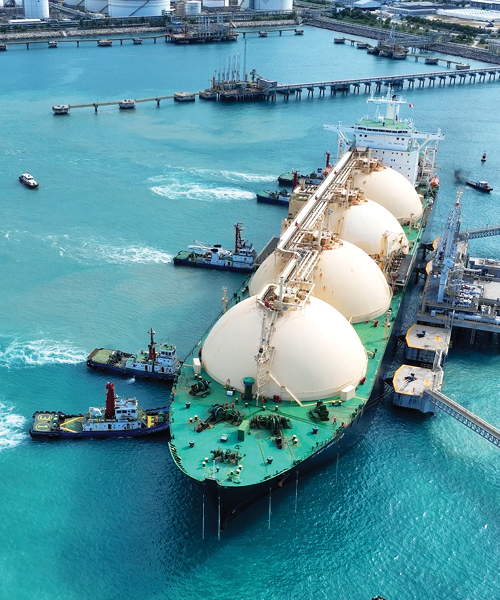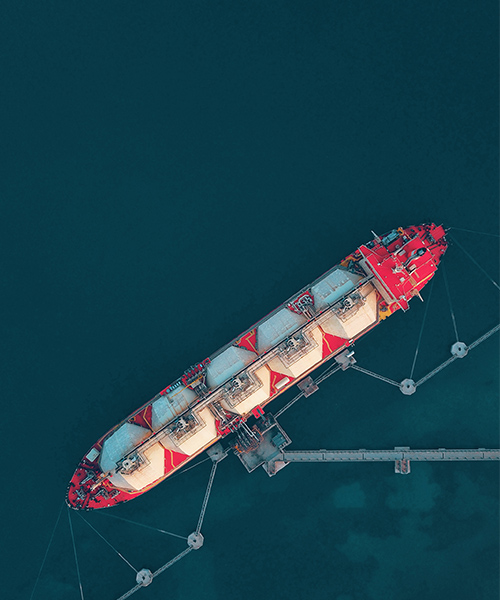Ashley Coaker
Vice President, Energy & Chemicals, Worley Consulting – EMEA
“There are many good things about my job, but it doesn't get any better than helping our customers create business cases that have meaningful impacts.”
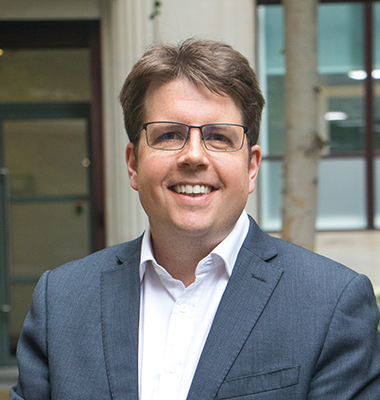
Ashley Coaker oversees Worley Consulting’s involvement in Upstream, Midstream and LNG projects across Europe, the Middle East, and Africa. He’s based in London, but leads a regionally diverse team responsible for sales, operations, and project delivery across three continents.
“I enjoy seeing people grow and the thrill of winning big projects we’ve been working on for months,” says Ashley. “But I’ll remember the impacts of these projects most.
“We’re currently helping an integrated energy company accelerate its domestic gas production to give it energy independence at a national level. And on another project, we’re enabling a more than 5 percent national emissions reduction before 2030. These projects are relatively simple in how they work, but their impact is huge.”
Exploring viable pathways for gas amid the energy transition
With over 15 years in the energy industry, Ashley has a strong opinion on the role natural gas should – and shouldn’t – play in the energy transition.
“Gas is a transition fuel, so long as we produce it with environmentally responsible techniques,” he says. “It offers immediate emissions reduction compared with other more carbon intensive fossil fuels, particularly when paired with carbon capture technologies.
“But we’re still seeing increased reluctance about whether investment in gas is acceptable, from a lender’s perspective. Our advice to customers is to engage early, position their gas projects to be competitive in terms of sustainability performance today, and ensure projects are easily financeable beyond simple compliance with World Bank requirements.”
A new LNG plant being built today will operate beyond 2050. But many country-level net zero targets will occur before this.
“This means every plant needs to be as low impact as is economically credible, and no decision today will inhibit our customers’ ability to decarbonize in the future,” continues Ashley. “There’s a lot our customers can do that doesn’t require significant upfront CAPEX. The key is ensuring what’s done today, supports future projects.
“This includes making revisions for electrification, carbon capture and storage, preventing methane venting, leading leak detection and repair (LDAR), planning for renewables integration, full value chain emissions ownership, and robust, auditable emissions monitoring.”
Growing opportunities for LNG production in the Middle East
With his understanding of LNG market dynamics across multiple regions, Ashley believes the recent US moratorium on LNG projects is an opportunity for new LNG producers. Particularly in the Middle East.
“LNG buyers want diversity of supply, which is an opportunity for emerging producers. But to succeed, they’ll need to prioritize sustainability performance in every investment they make.
“New LNG projects need to be upper quartile carbon in terms of carbon intensity, or else they won’t pass thresholds set by investors and LNG consumers. And part of our job is to demonstrate the minimum a new project must achieve to be competitive, by providing our customers with comparisons across all major measures of carbon intensity.
“Not all natural gas is created equal. And Middle Eastern producers have an opportunity to supply the world with lower carbon natural gas that can decarbonize its own industries, and other carbon intensive economies around the world.”
More from our people
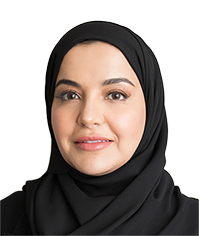
Dr Manal Alassaf
Executive Director of Digital Delivery in Saudi Arabia, Bahrain, and Egypt
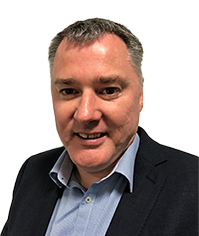
Chris Barbary
Senior Vice President, Business Development
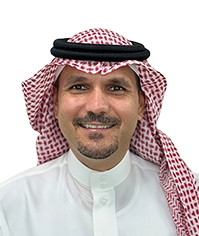
Mubarak Alkhater
Vice President, Growth and Business Development, Saudi Arabia and Bahrain
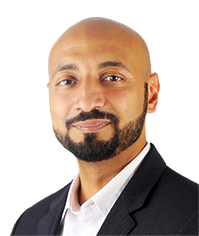
Mohammed Alwazzan
SVP and Location Director, Saudi Arabia, Egypt and Bahrain

